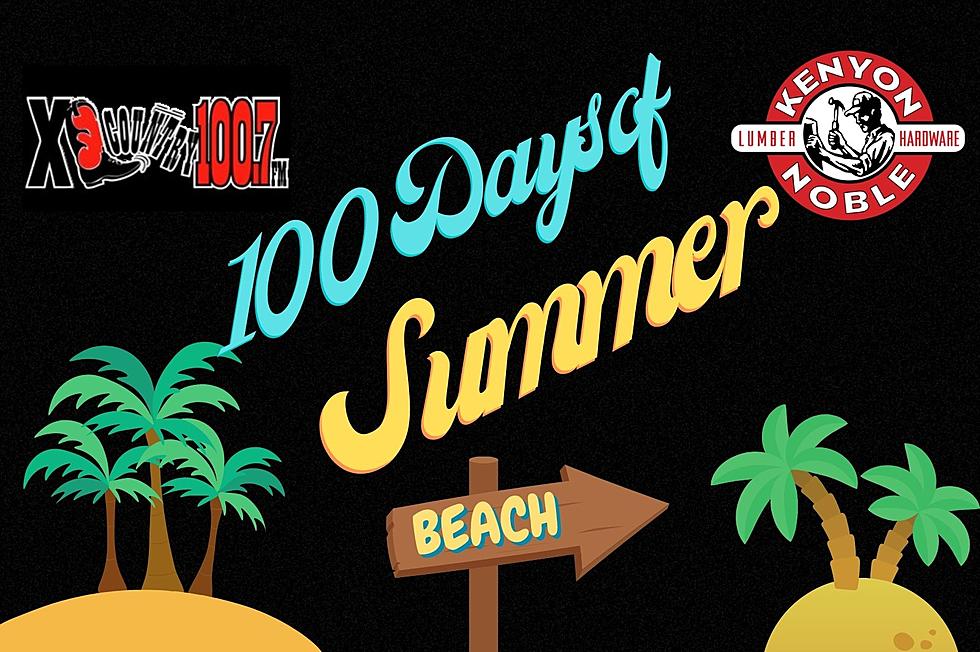
How to Hire Summer Help
It’s that time of year again when seasonal help is in demand. A high percentage of the college is empty, and the eighteen to twenty-five set still around, are looking for summer cash. As the old saying goes, “Many are called but few are chosen.”
You might have many applicants for everything from entry level to skilled positions but picking the right blue chips in this lottery requires some planning. Here are a few ways to pick good seasonal help.
Describe the Job
Take it from a former personnel manager job descriptions can save you time and mistakes in your hiring process. A job description leaves nothing to the imagination. Both parties have a clear understanding of what the job requires and the skills needed.
It’s not always possible to include all the components of a job in a classified ad. So add job descriptions to your web site and include a link to your site in any job ads. I would also suggest having them sign the job description attesting that they fully understand what’s expected of them.
Training is Costly
If you had a good employee last year there’s a chance they might be available again this summer. Keep good records on those employees that you’ve used in the past because they can hit the ground running with little supervision.
Make sure you have a training plan set up for employees that have not worked in your business before. They need clear direction from day one. A day of training is better than an hour, and a week is better than a day.
For some employees I have offered minimum wage during training then move to a higher wage when the training is complete.
I also suggest you use the “60-Day New Hire Survey.” This is a short form that the employee fills out after working their first sixty-days. You’ll find many versions of this form online.
It’s Not What You Know, It’s Who You Know
Good workers and people with a good work ethic seldom have bums for friends. People gravitate toward people who are compatible with them. Pay attention to employees that suggest a friend of theirs for a position.
I won’t deny that on occasion when I’ve hired friends they sometimes have a party at work that can kill the production of both employees. But I would still suggest interviewing the friend as a courtesy for the recommendation of the current employee. Sometimes they make very good teams especially if they are competitive personalities.
Hire for Attitude; Train for Skill
Experience is good. No doubt about it. However, attitude also carries considerable weight. Larry Bowman, of Owenhouse Ace Hardware in Bozeman, has a philosophy that works.
He says, “Hire for attitude and train for skill.” You can train most people to do the day-in-day-out duties of a job, or to run a cash register. But it’s very hard to train someone to be polite and courteous, if their natural personality is to be rude and pushy.
Some Final Thoughts
Hiring part time people or seasonal workers is never easy. Here are some things to think about. Higher pay usually attracts better workers. Before you tell me you can’t afford to pay more, consider this.
An “A” employee will do three times the work of a “B” employee. Paying that “A” employee $15/hr. vs. three “B” employees at $10/hr. just makes good economic sense. An “A” cashier should put three times more people through their checkout line than a “B” cashier. This makes customers waiting in line much happier and will keep them coming back. A good “A” salesperson on your selling floor will sell three times what a “B” salesperson will do. Where’s the downside to that?
Being able to spot the “A’s” over the “B’s” and “C’s” takes experience. You will learn how to do that over time, but start by making a hiring plan. What exactly do you need, and what’s your definition of the ideal “A” employee to do that job? Hire correctly, train well, pay well, and you can have a very profitable summer.
More From KMMS-KPRK 1450 AM









